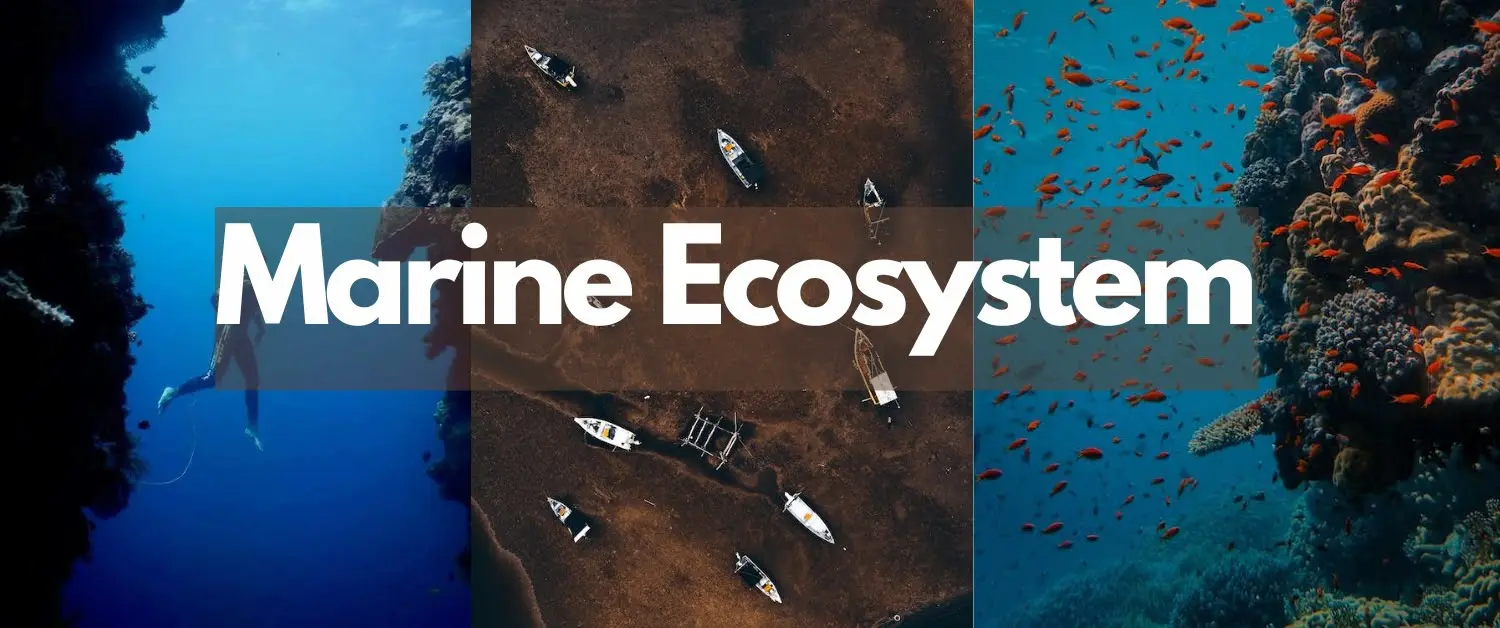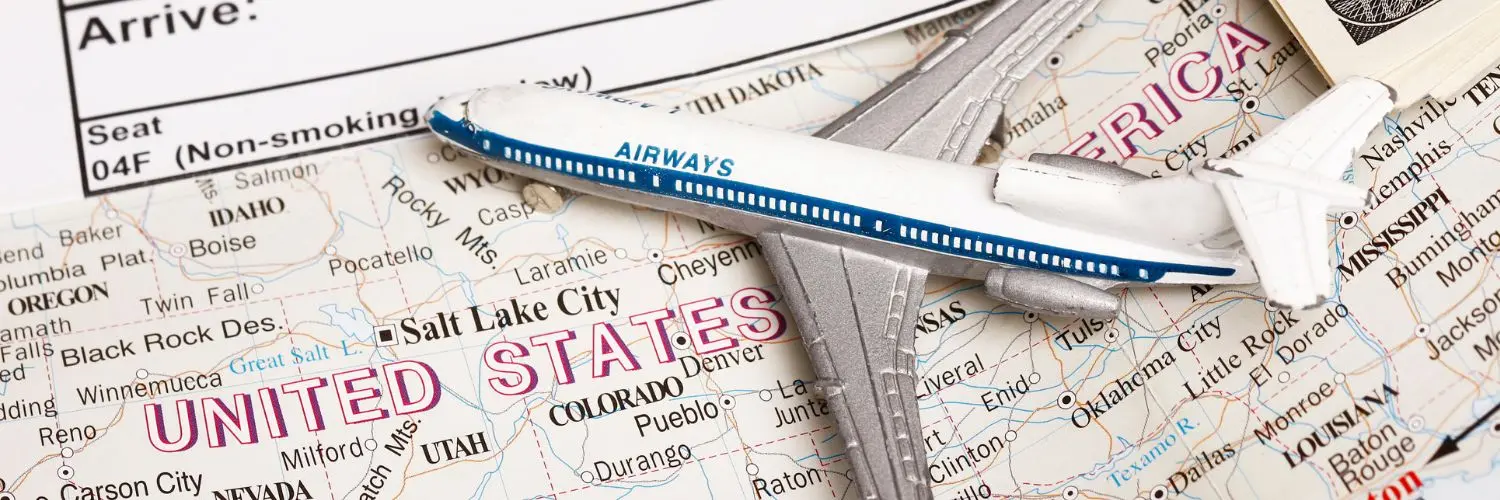Do you love visiting water places? Do you know that your visit can effect the marine ecosystem? But what is it? Is there any good or bad effect of beach vacations on the marine environment, and how can you reduce the bad effects of beach vacations? Let’s start understanding marine life.
What Is A Marine Ecosystem?
A marine ecosystem is a dynamic and interconnected environment that comprises all living organisms and their interactions in the world’s oceans, seas, and coastal areas. It encompasses a vast array of life, from tiny plankton to massive whales, and plays a vital role in maintaining Earth’s ecological balance.
Marine ecosystems are aquatic environments with high levels of dissolved salt. These include the open ocean, the deep-sea ocean, and coastal ecosystems, each of which has different physical and biological characteristics. The impacts of beach vacations are a popular form of tourism, but they can have both positive and negative effects on marine life.
Table of Contents
Impacts Of Beach Vacation On Marine Ecosystem
Positive Effects
1. Tourism Revenue
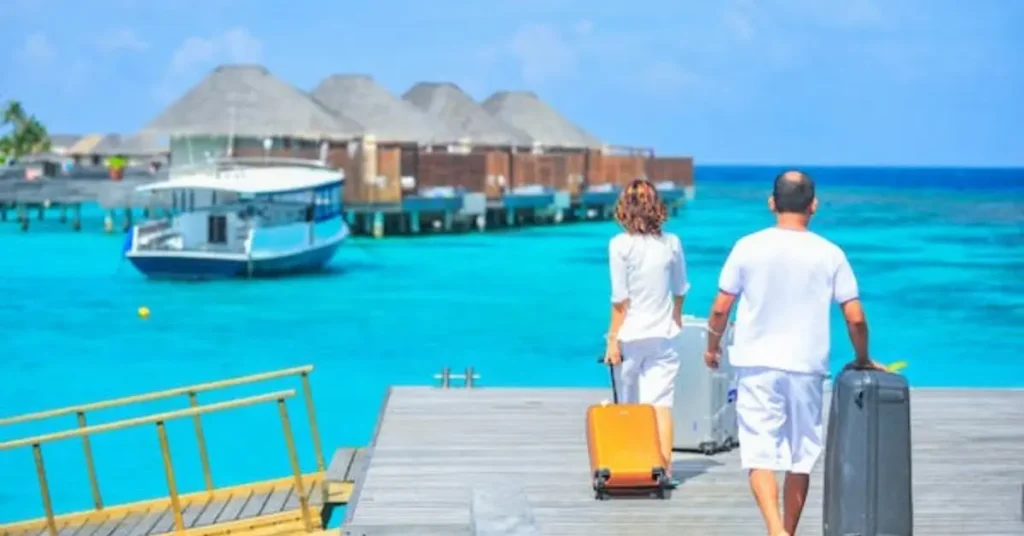
Beach vacations stimulate local economies by generating revenue through tourism-related activities such as hotels, restaurants, and recreational services. This income can fund conservation efforts and research aimed at protecting marine ecosystems.
2. Awareness and Education

Tourists who visit coastal areas often become more aware of marine life and conservation issues. This awareness can lead to increased support for initiatives aimed at preserving the marine ecosystem.
Negative Effects
1. Pollution
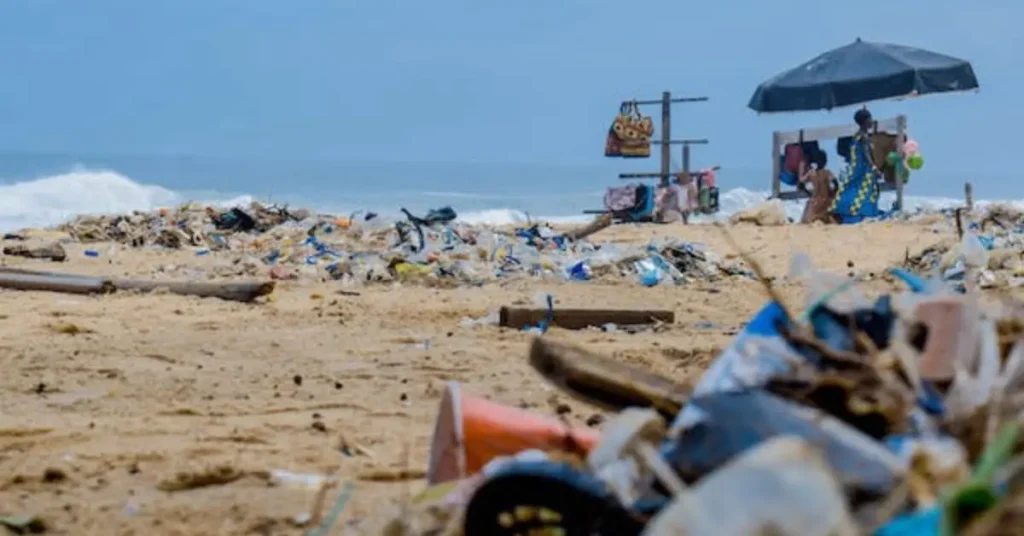
Tourism can contribute to pollution in coastal areas. Litter, sewage, and improper disposal of waste harm marine life and their habitats. Efforts are needed to minimize these negative impacts through responsible tourism practices.
2. Habitat Destruction
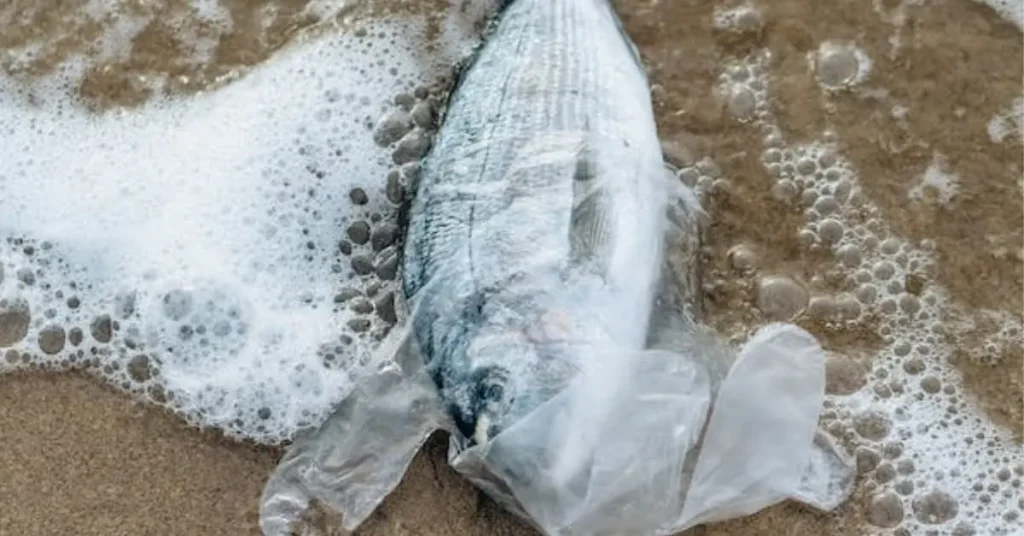
The construction of resorts and infrastructure for tourists can result in the destruction of fragile coastal habitats, including coral reefs and mangrove forests. Sustainable development practices are essential to mitigating this.
3. Erosion
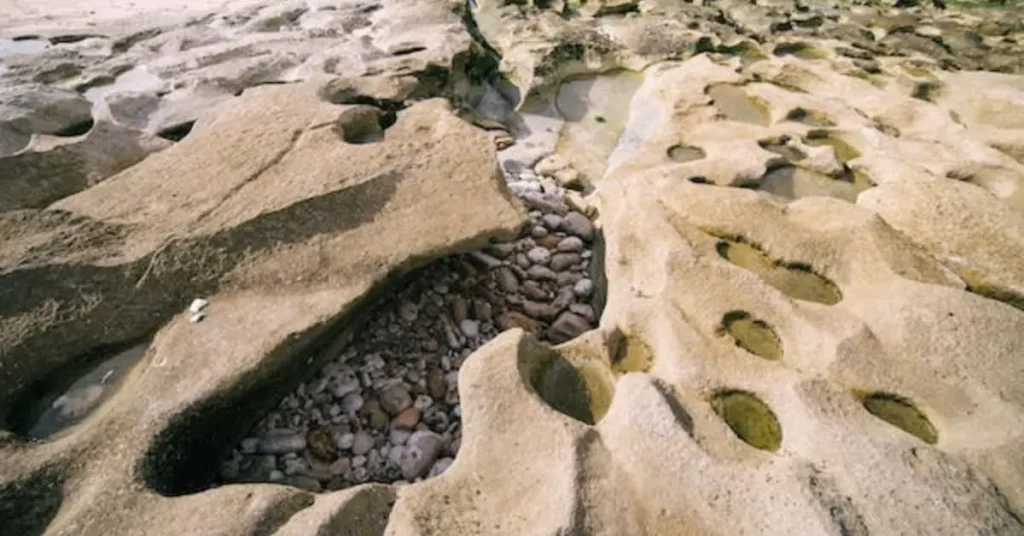
Human development of coastlines can lead to erosion, which can have long-term negative effects on tourist attractions.
Pros and Cons of Beach Vacations in the Marine Ecosystem
| Aspect | Pros | Cons |
| Biodiversity | High levels of biodiversity, supporting a wide range of species and ecosystems. | Vulnerable to habitat destruction, pollution, and climate change, leading to species loss. |
| Climate Regulation | Absorbs and stores significant amounts of carbon dioxide, helping mitigate climate change. | Disruption of marine ecosystems can release stored carbon, contributing to climate change. |
| Food sources | Provides a vital source of food for millions of people, supporting the fishing industry. | Overfishing and illegal fishing can deplete fish stocks and disrupt food chains. |
| Economic Benefits | Generate revenue through tourism, fishing, and pharmaceuticals (from marine organisms). | Economic losses due to damage to fisheries, coral reefs, and coastal areas from pollution and climate change |
| Cultural Importance | Holds cultural significance for many communities, influencing traditions and identities. | Cultural loss and displacement due to damage to coastal communities and traditions from sea-level rise and natural disasters |
| Scientific Research | Offers opportunities for scientific research and the discovery of new species and medicines. | Ongoing research and monitoring are required to understand and protect marine ecosystems. |
| Erosion Control | Coastal ecosystems (e.g., mangroves and seagrasses) protect shorelines from erosion and storm damage. | Coastal development and habitat destruction reduce the effectiveness of these natural barriers. |
| Recreation and Tourism | Attracts tourists for activities such as diving, snorkeling, and wildlife viewing. | Damage to marine ecosystems, pollution, and habitat destruction can deter tourists and harm local economies. |
| Medicine Production | Marine organisms provide compounds used in medicines, including potential treatments for diseases. | Overexploitation and habitat destruction can threaten these valuable resources. |
| Climate Adaptation | Supports adaptation strategies for rising sea levels, as healthy ecosystems can act as natural buffers. | Ecosystem degradation reduces the ability of these areas to protect against sea-level rise. |
It’s important to note that the health and sustainability of marine ecosystems depend on responsible management and conservation efforts to maximize the benefits while minimizing the negative impacts.
How Can Tourists Help Improve the Marine Ecosystem?
Responsible Tourism
1. Sustainable Practices
Tourists can adopt sustainable practices such as reducing plastic waste, conserving water, and supporting eco-friendly businesses. These actions can contribute to a healthier marine environment.
2. Responsible Snorkeling And Diving
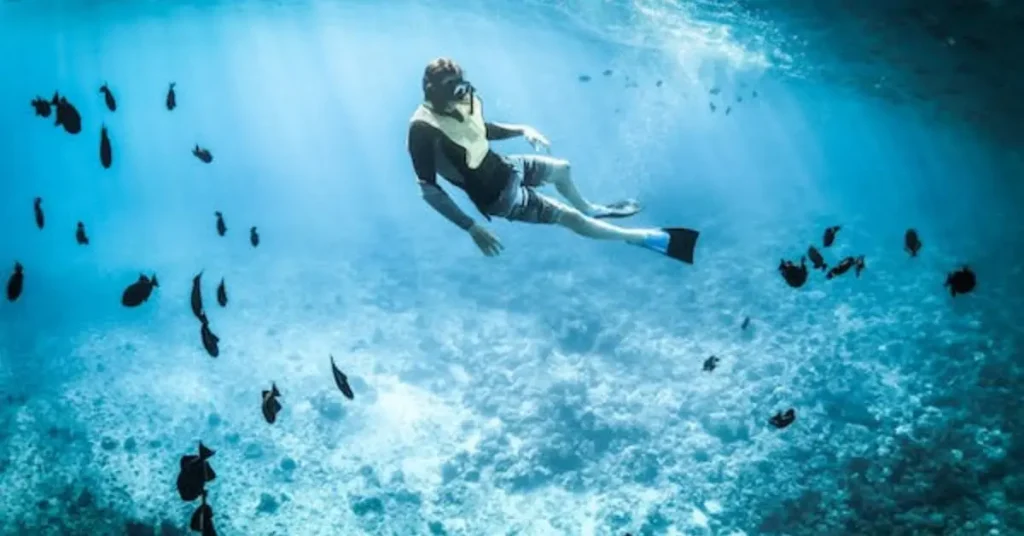
When engaging in activities like snorkeling and diving, tourists should follow guidelines that protect marine life and coral reefs. Avoid touching or disturbing underwater ecosystems.
3. Eat Sustainable Seafood:

Tourists can choose seafood that is healthy for them and the oceans from well-managed, wild fisheries. They can refer to guides from Seafood Watch to help them make sustainable choices when buying or ordering seafood.
Conservation Efforts
1. Volunteering
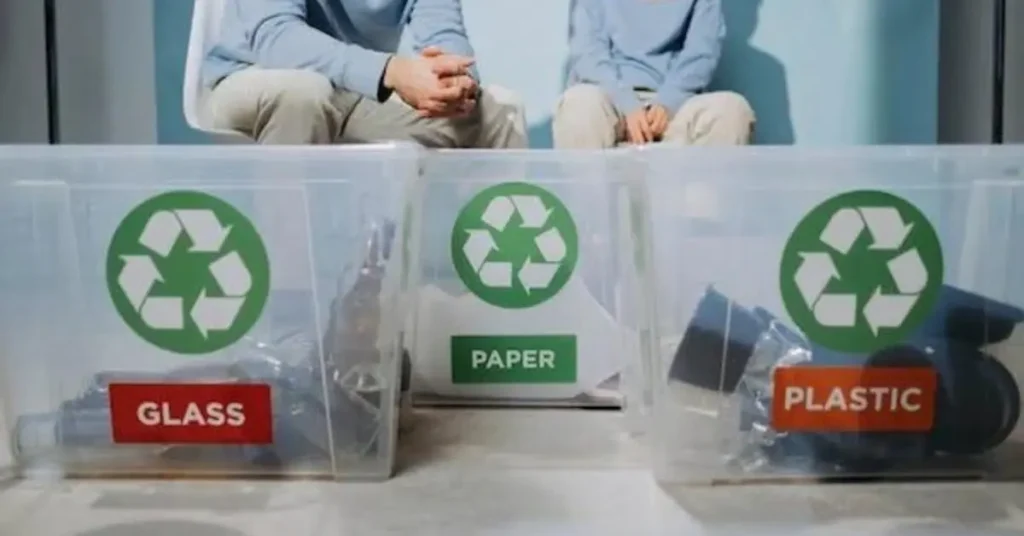
Are you looking for Beach Tour and Activities ? Visit and Get Your Guide
Many destinations offer opportunities for tourists to volunteer in conservation projects. These hands-on experiences can directly contribute to the well-being of the marine ecosystem.
2. Supporting Marine Conservation Organizations
Tourists can financially support organizations dedicated to marine conservation. These contributions aid in research, protection, and preservation efforts.
Conclusion
In conclusion, beach vacations have a profound impact on the marine ecosystem, both positive and negative. While tourism can generate revenue and raise awareness, it also poses threats through pollution and habitat destruction. However, with responsible tourism practices and active participation in conservation efforts, tourists can play a crucial role in improving and preserving the marine ecosystem for future generations.
For more trending blogs visit Beachxp.

